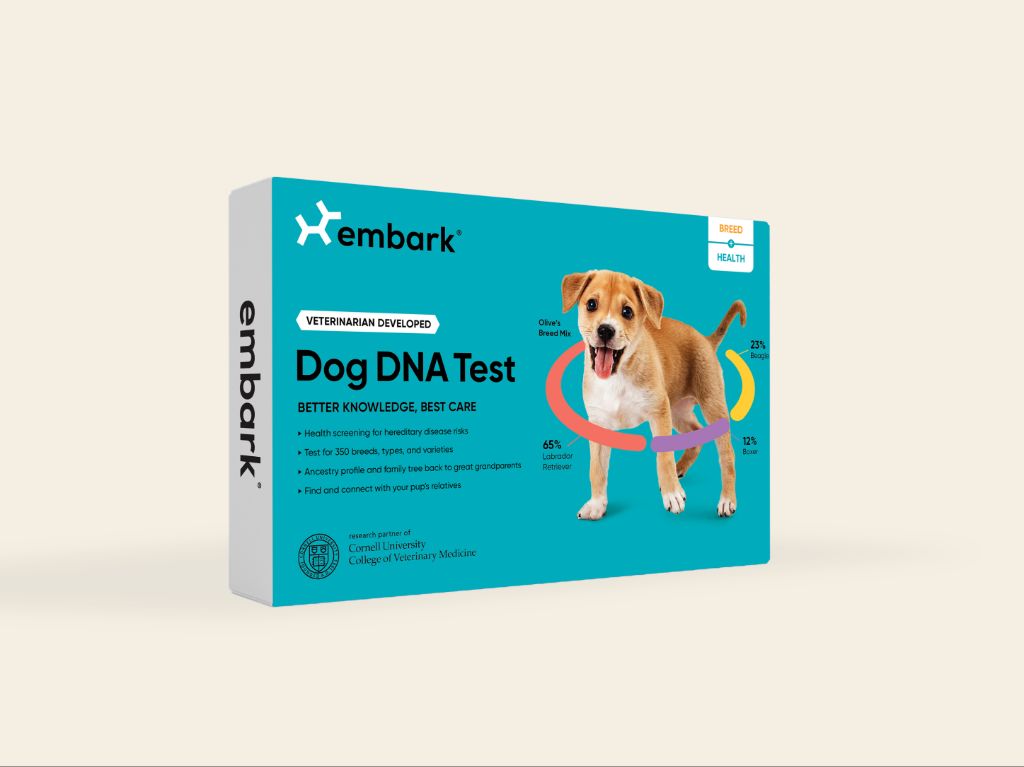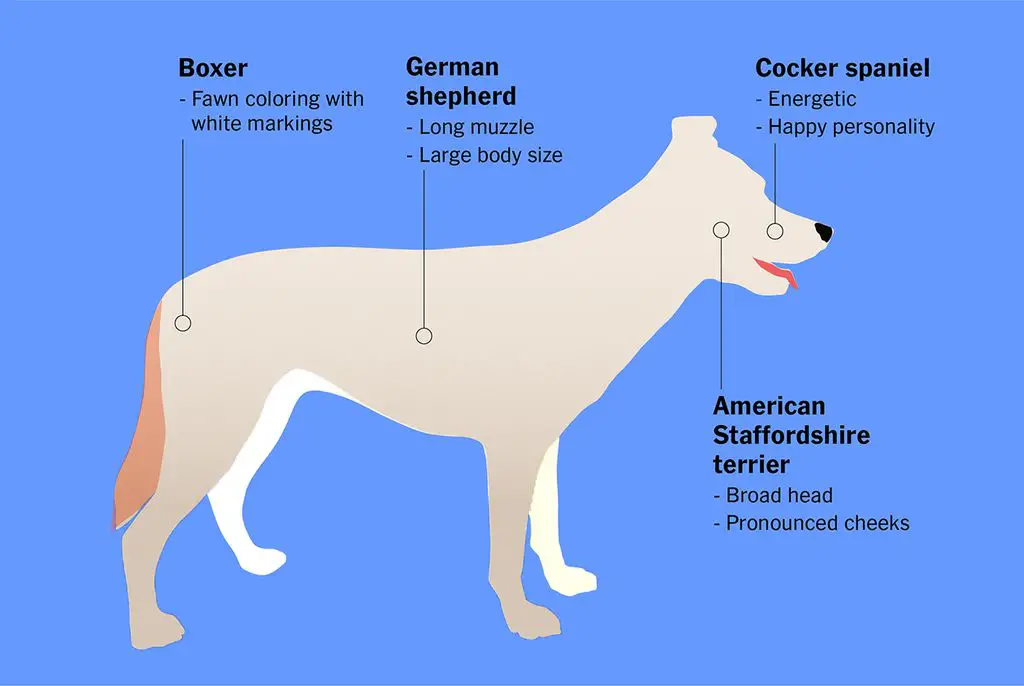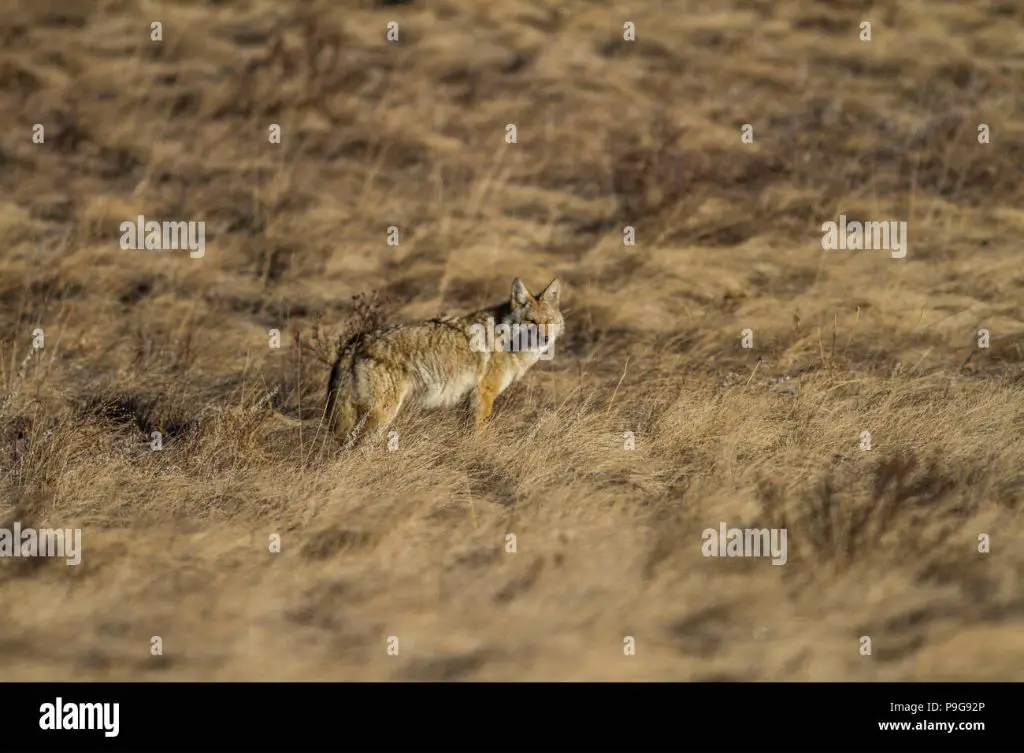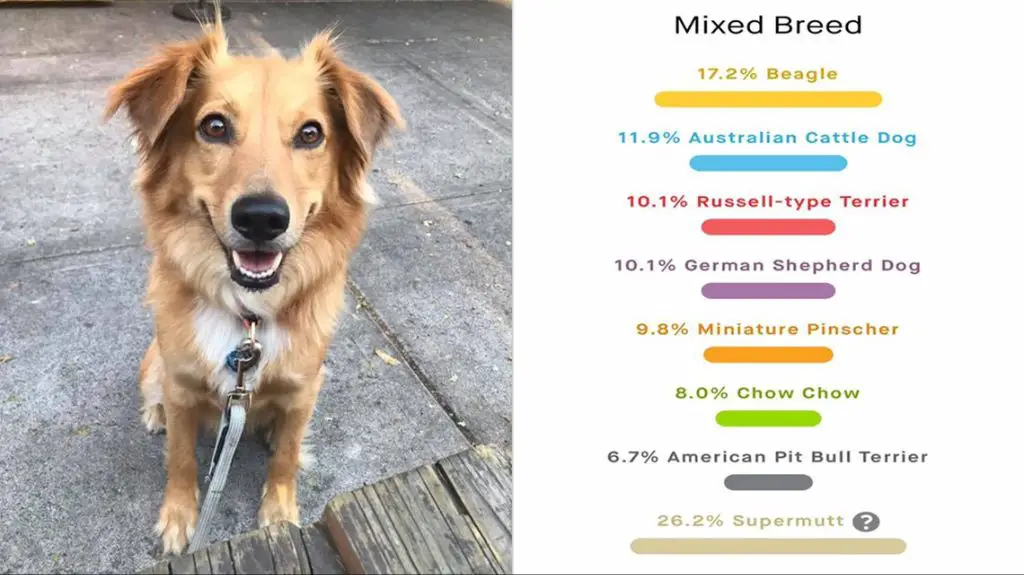Introduction
Dog DNA tests have become increasingly popular in recent years. These tests allow dog owners to find out detailed information about their pet’s ancestry and genetic health risks. The most comprehensive dog DNA tests screen for over 150 breeds and also test for genetic mutations linked to diseases. With the rise in popularity of mixed breed dogs, many owners are curious about the exact breeds in their dog’s lineage. Additionally, owners want to ensure their dogs are screened for potential inherited conditions.
One question that sometimes comes up is whether a dog DNA test can detect coyote ancestry. Some dog owners, especially those who rescue strays or adopted mixed breed dogs, wonder if their pet might have some coyote in their recent background. Knowing for certain could provide insight into behaviors, trainability, and health tendencies.
This article will examine how dog DNA tests work, what they currently test for, their limitations, and the reliability of detecting coyote ancestry. We’ll also look at the reasons owners may want to test for coyote, considerations for coyote-dog hybrids, and advice for those seeking to test their dog’s DNA for traces of coyote.
How Dog DNA Tests Work
Dog DNA tests analyze your dog’s genetic profile to determine their ancestry and give you insights into their breed makeup. These tests look at specific locations (or markers) on your dog’s DNA to detect patterns that indicate certain breeds. The process involves obtaining a saliva or cheek swab sample from your dog and sending it to a company for analysis. Popular dog DNA test companies include Embark, Wisdom Panel, and many others.
After receiving your dog’s sample, the company will extract DNA from the cells and inspect the markers using biotechnology and genotyping techniques. The number of genetic markers analyzed can range from about 100 to over 200,000 depending on the test. More markers provide a more detailed breakdown of breeds. The company then compares your dog’s genetic signature to their reference database of breed profiles. Complex computer algorithms calculate ancestry percentages based on the similarities detected.

In 2-3 weeks, you receive a report outlining the breeds represented in your dog’s lineage going back multiple generations. Some tests also screen for genetic health risks and traits like coat color and shedding. While the accuracy has improved over the years, dog DNA tests still may not detect all breeds that make up your pooch.
Things Dog DNA Tests Screen For
Dog DNA tests can provide valuable insights in several key areas:
Breed Identification
One of the main uses of dog DNA testing is to pinpoint your dog’s breed makeup. These tests can identify over 350 dog breeds in your dog’s ancestry going back to their great-grandparents. This helps you understand the mix of breeds contributing to your dog’s physical traits and behaviors.
Health Screening
Many dog DNA tests screen for genetic mutations associated with potential health risks like heart disease, eye issues, and joint problems. Knowing your dog’s predispositions allows you to provide preventative care or early treatment.
Close Relations
DNA tests can also confirm close family relationships between dogs. This helps breeders verify parentage and lets pet owners locate relatives of their dog for family reunions.
Limitations of Dog DNA Tests

Accuracy Differences Between Companies
While dog DNA tests can provide useful ancestry information, their accuracy can vary significantly between testing companies. Each company has their own breed database and algorithm for detecting breeds. Some are more extensive and accurate than others. This means a test from one company may detect different breeds compared to another company testing the same dog.
Limited Breed Detection
Most dog DNA tests can only detect purebred ancestors in a dog’s ancestry, usually only going back 3-4 generations. They have limited ability to detect more distant purebred ancestry, mixed breeds, and wild canid ancestry like coyotes or wolves. The tests work best for first generation crossbreeds and become less accurate further down the lineage.
Privacy Concerns
Submitting your dog’s DNA also means giving the testing company access to your dog’s genetic information. Some companies retain the right to use your dog’s DNA data for research purposes or sell it to third parties for profit. This raises potential privacy concerns that dog owners should consider before testing.
Will a Dog DNA Test Show Coyote?
Whether a dog DNA test will detect coyote ancestry depends on the breadth of the test’s breed database. Most dog DNA tests compare a dog’s genetic markers against a database of breeds to identify ancestry. Since coyotes are wild canids rather than formal dog breeds, their genetic markers may not be fully present in some breed databases.
The likelihood of a dog DNA test detecting coyote heritage depends on how much coyote DNA exists in the dog’s genetic makeup. Low coyote ancestry could get missed or mislabeled as an established breed by the test. But higher percentages of coyote DNA are more likely to be pinpointed, even if the test cannot specifically identify “coyote.”
There are challenges involved in DNA tests accurately identifying wild canid breeds like coyotes. Breed identification relies on comparing genetic markers against reference panels created from purebred dogs. Since coyotes intermix and share common ancestry with dogs and wolves, their genetic markers may not be distinctly identifiable.
Reasons for Testing Coyote Ancestry
There are several reasons a dog owner may be interested in testing their dog’s DNA for potential coyote ancestry, including:
Curiosity over suspected ancestry – Some dogs exhibit physical traits or behaviors that seem more coyote-like than dog-like. Owners may wonder if there is coyote ancestry several generations back accounting for these traits. A DNA test could uncover low levels of coyote ancestry that wouldn’t be immediately obvious from the dog’s appearance.
Insight into behaviors – Certain behaviors like wariness around strangers, strong prey drive, roaming tendency, and seasonal shedding patterns can potentially indicate coyote ancestry. DNA testing may explain these behavioral tendencies if coyote ancestry is detected.
Health screening for coyote-dog hybrids – Intentional coyote-dog hybrids do occur, though they are rare. For the health of an intentional hybrid, owners may want to test their ancestry and screen for any potential genetic diseases passed down from coyote forebears.
Reliability for Detecting Coyote
The reliability of dog DNA tests for detecting coyote ancestry varies between companies. The major testing companies like Wisdom Panel and Embark claim to detect wolf and coyote ancestry going back 3-4 generations. However, their detection rates are not 100% accurate.
Some tests seem to have a harder time consistently identifying low levels of coyote DNA compared to prominent wolf lineage. There also tends to be more variation in the results for coyote ancestry between different companies testing the same dog.

While the general presence of coyote DNA can be detected, the exact percentage of coyote ancestry can be inconsistent and should be taken as an estimate rather than an absolute result. Factors like the number of generations past and breed signatures in the dog can impact accuracy.
Overall, DNA tests from respected companies can reliably indicate coyote ancestry in a dog if there is a relatively high percentage of coyote lineage. But small amounts of coyote DNA or ancestry from many generations back is harder to conclusively prove.
Considerations for Coyote-Dog Hybrids
Coyote-dog hybrids, often called coydogs, present some unique considerations in terms of their behavior, legal status, and potential health issues.
Behavioral Tendencies
Coydogs tend to be timid around humans early in life. However, they can become destructive and aggressive as they reach adulthood. They are often unable to properly socialize with either dogs or coyotes. Coydogs also retain the strong prey drive of coyotes and will hunt neighborhood pets. Their wild instincts make them difficult to train or contain in an urban setting.
Legality Issues
It is illegal to own coydogs in many U.S. states. Even in states where it is legal, there are often restrictions and licensing requirements. Coydogs are considered “wild animals” or “exotics,” not domesticated pets. Many counties, cities, and homeowner’s associations forbid owning coydogs. This can create problems for owners if a dog’s coyote ancestry is later detected on a DNA test.
Health Problems
Coydogs tend to have increased risk of health issues compared to domesticated dogs. Some common illnesses seen in coydogs include hypothyroidism, arthritis, heartworms, and sarcoptic mange. They are also prone to stress and overheating. Since coydogs are not a standardized breed, there is greater variation in their size, lifespan, and medical needs.
Advice for Testing Coyote Ancestry
If you want to test your dog for potential coyote ancestry, here is some advice:
First, research the breed databases of any DNA testing companies you are considering using. See what percentage of breeds they have in their databases, which helps determine their ability to detect more rare breeds like coyote.

Second, understand the limitations of dog DNA tests when it comes to wild animal ancestry. Most companies only compare DNA to domestic dog breeds in their databases. Detecting wolf or coyote ancestry can be challenging.
Third, if you receive test results indicating coyote ancestry and have concerns, consult your veterinarian. They can review the results and provide guidance on any potential health or temperament implications.
In summary, dog DNA tests can provide clues but may not conclusively detect coyote ancestry. Review company capabilities, understand limitations, and seek veterinary guidance for your unique situation.
Conclusion
In summary, while some DNA tests may detect coyote ancestry in dogs, the results may not always be accurate or definitive. The limitations of current dog DNA testing technology makes it difficult to reliably identify low levels of coyote DNA. However, coyote ancestry often presents through certain physical and behavioral traits. If you suspect your dog may have coyote in its heritage, a DNA test can provide supporting evidence when combined with your dog’s phenotype and your knowledge of its background. But the limitations should be considered when interpreting results.
Overall, dog DNA tests can be useful tools but should not be relied on as the sole basis for making major decisions about your dog. Consider your dog’s DNA results as one factor among many when learning about its history and ancestry. With continued advances in genetic testing, the detection of coyote heritage in dogs may become more accurate in the future. For now, exercise caution and seek professional advice if you need definitive proof of your dog’s lineage. The most important thing is understanding your unique dog’s needs and providing the best care, regardless of its genetic makeup.